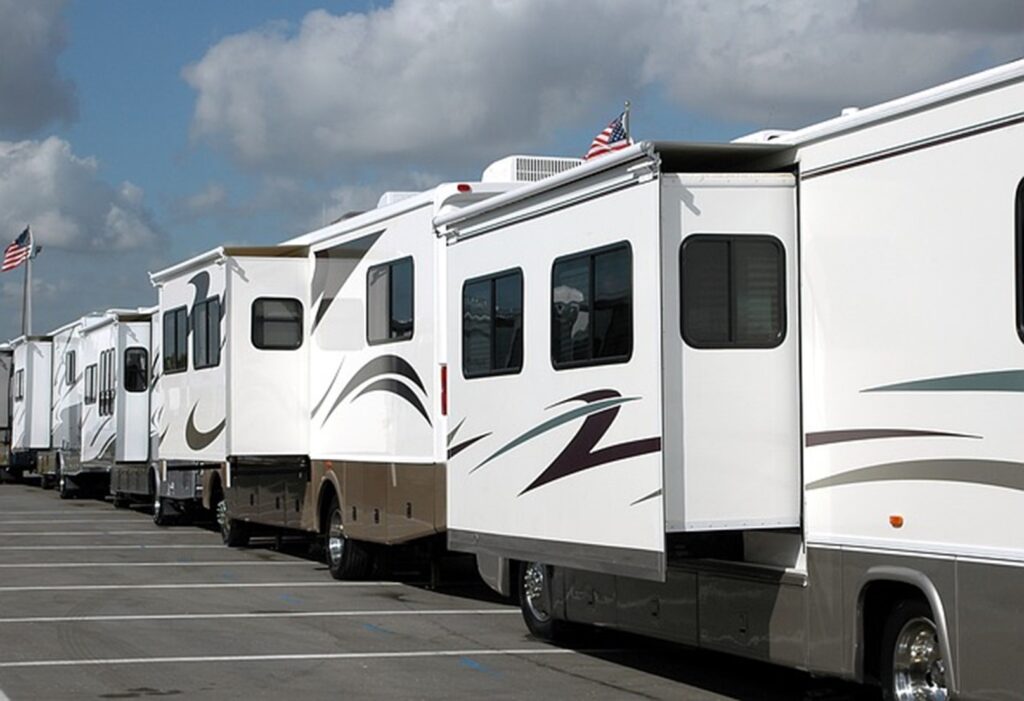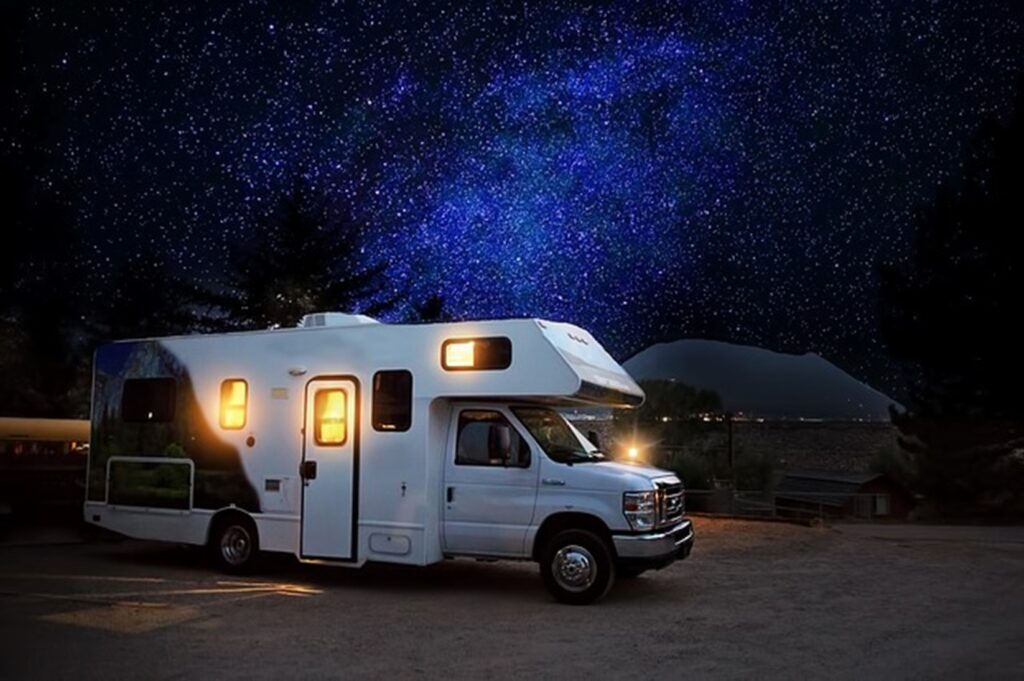
As the coronavirus pandemic continues to affect the day-to-day lives of humans worldwide, it is still disrupting just about every industry that relies on in-person consumers, including tourism, food service, etc.
However, while most businesses have experienced adverse consequences of reduced attendance, the RV sales industry is showing the opposite trend — RV sales are booming among consumers, and there’s no sign of this trend slowing.
In fact, Victor Rigoni III relates that at least one RV sales company experienced a 4,000% increase in sales during the height of the pandemic. That’s a wildly impressive growth figure for a business to achieve in any period, but especially during the current era where most enterprises are experiencing stagnation or losses.
But what exactly is the relationship between the planet’s latest health crisis and the RV sales boom, and how can we explain this industry’s recent success? Read on below to learn more.
How Has the Covid-19 Pandemic Influenced RV Sales?
After the lengthy periods of lockdown and quarantine, people all over the planet were eager for a change of scenery. So once the restrictions began to lighten up around the United States, road trips began to see a surge in popularity. With small groups of related parties traveling in isolated vehicles, this seemed to be the safest way to explore the country under the circumstances.
So, naturally, the uptick in road travel led to a significant rise in RV sales. Recreational vehicles allow for a much greater level of comfort during lengthy road voyages, and with many proprietors offering short-term rentals without extended commitments, plenty of Americans were quick to seize the opportunity.
How Does RV Travel Make Road Trips Safer?
There are several ways that RV travel maintains the appropriate measures for social distancing that just can’t be achieved by other modes of transport and accommodation.
Traveling by RV allows small groups of related individuals to traverse long distances comfortably and privately, and participants can easily be screened for the virus ahead of time to ensure a heightened level of safety. On the other hand, transport via bus, train, or airplane would place passengers in close confines with many strangers, thus increasing the likelihood of virus transmission.
Additionally, sleeping in a recreational vehicle is perceived as being safer than staying in a hotel, as it reduces contact with items and surfaces that have been handled by other people.
How Significant is the Increase in Sales?
This boom in recreational vehicle sales isn’t just a subjective perception. The overwhelming majority of businesses participating in this industry have seen a staggering increase in profits in the past year. Of course, the numbers vary from month to month, but the general trend has seen them continue to rise over this period.
Overall, many businesses have regularly quadrupled their sales each quarter, but there have also been considerable surge periods where profit increase percentages reached four digits.
Is the Boom Expected to Slow Down?
This notable rise in performance in the recreational vehicle industry is showing no signs of slowing down any time in the near future. If business continues as projected, RV dealers and rental companies are expected to enjoy indefinite continued success, as consumers still long for the freedom that road travel brings from COVID restrictions and safety concerns.
As far as most economists and market analysts are concerned, this will be a stable and secure industry for as far ahead in the future as can be predicted.
Are RV Travelers Just Taking Long Vacations?
This surge in RV sales isn’t just a result of people taking trips from point A to point B for recreation. With the recent shift to remote work in favor of in-person work in office environments, it is easier and more accessible than ever for individuals to take their work on the road with them.
The mobile office space provided by a recreational vehicle has allowed many people to take up a temporary nomadic — getting work done on the go and traveling throughout the country in the process.

RV Travel as a Lifestyle
Of course, permanent nomads can’t be left out of this analysis. Certainly, the economic shift and public health incentives have encouraged more people to take up the RV lifestyle in the recent past, joining the masses of people enjoying the experience of transient living.
While this demographic made up a sizable chunk of RV consumers before the pandemic, it has undoubtedly seen an increase in members since these events have transpired.
Conclusion
It’s clear that the economic conditions brought by the Covid-19 pandemic have smiled upon the RV travel industry in a way that most other sectors have unfortunately not experienced. Interested parties would be advised to keep a close eye on this market in the future to see if this unexpected prosperity continues to flourish.


